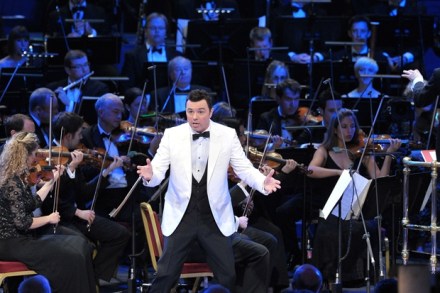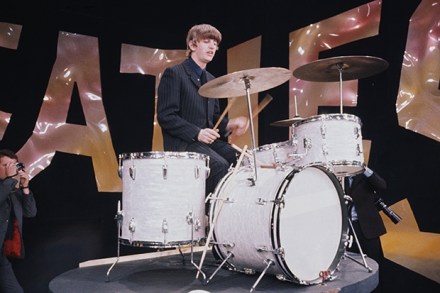Tax return
Make no mistake: the Proms, whose 2015 season was launched last night, would not, could not, exist without the BBC, or the licence fee. Just under half the cost of putting on such an ambitious nightly series of concerts throughout the summer, drawing on orchestras from across the globe, commissioning new work, pulling together programmes that mix popular and safe with little-known and challenging, comes from the sale of tickets, the rest is subsidised by taxpayers. To social-justice campaigners this might seem like an outrage. Why should such an ‘elitist’ series of classical-music concerts, 92 this year, attended by some 300,000 members of the public (a considerable proportion of whom

















